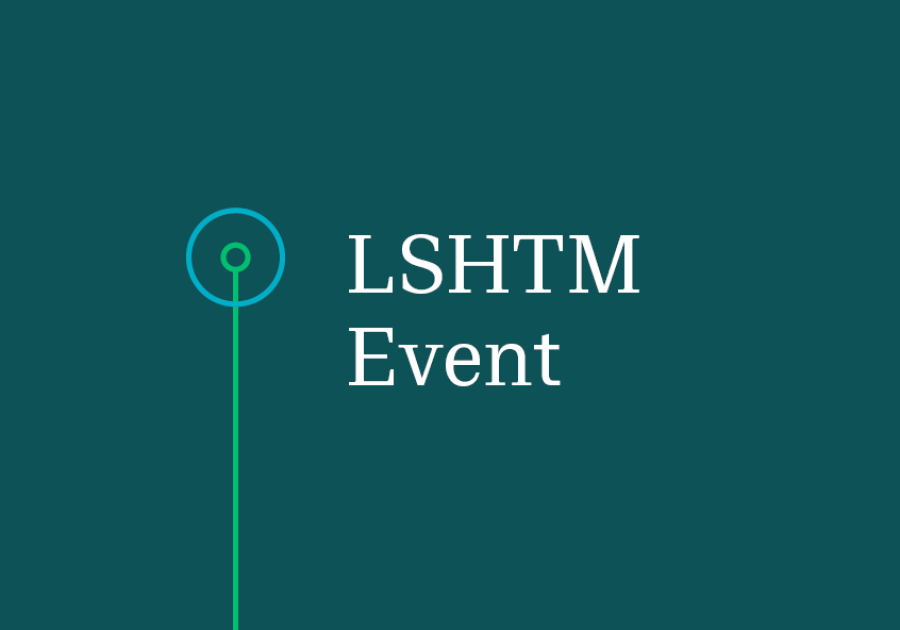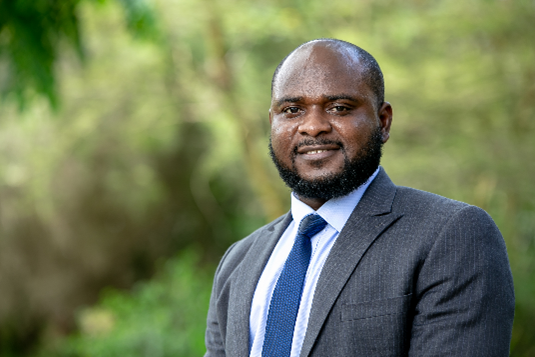Mycobacterium tuberculosis complex lineages diversity and impact on anti-TB treatment approaches

The rise of multidrug-resistant tuberculosis (TB) and poor treatment outcomes of some drug-susceptible TB mandate novel treatment approaches such as host-directed therapeutics (HDTs). However, reliable tools are lacking to evaluate HDT efficacy and determine the impact of host and Mycobacterium tuberculosis complex (MTBC) genetic diversity, which affect treatment responses.
The African continent regroups all the nine MTBC lineages described to date with a heterogenous geographical distribution. Previous studies have shown that in West Africa TB patients infected with M. africanum lineages respond less well to the standard anti-TB treatment regimen compared to M. tuberculosis-infected patients.
Dr Tientcheu's talk will explore how host and bacteria differences may affect the response to anti-TB treatment, particularly new treatment approaches using repurpose drugs such as HDTs. In addition, he will also share about a novel patented technology to improve the study of the impact of MTBC lineages differences on anti-TB treatment response."
Speaker
Leopold Tientcheu is a Cameroonian Immunologist and Assistant Professor at LSHTM working with the Vaccines and Immunity theme at the MRC Unit The Gambia at LSHTM. His PhD research first described differences in treatment response between M. africanum and M. tuberculosis-infected patients in The Gambia, which has public health implications for tuberculosis control.
Leopold obtained a Mphil in Biochemistry/Molecular Biology at the University of Yaoundé 1, Cameroon, in 2007 and a PhD in Immunology at the LSHTM in 2013. He did his postdoctoral training at the MRC Unit The Gambia at LSHTM and the University of Cape Town.
His research investigates how African population genetics and Mycobacterium tuberculosis complex lineage diversities influence the response to treatment, mainly host-directed therapeutics for tuberculosis. Leopold received the K43 Emerging Global Leader award from the NIH in 2018 and the FLAIR award from the Royal Society/African Academic of Sciences in 2019. He leads a growing research team with MSc, Mphil and PhD candidates.
Please note that the recording link will be listed on this page when available.
Admission
Contact
